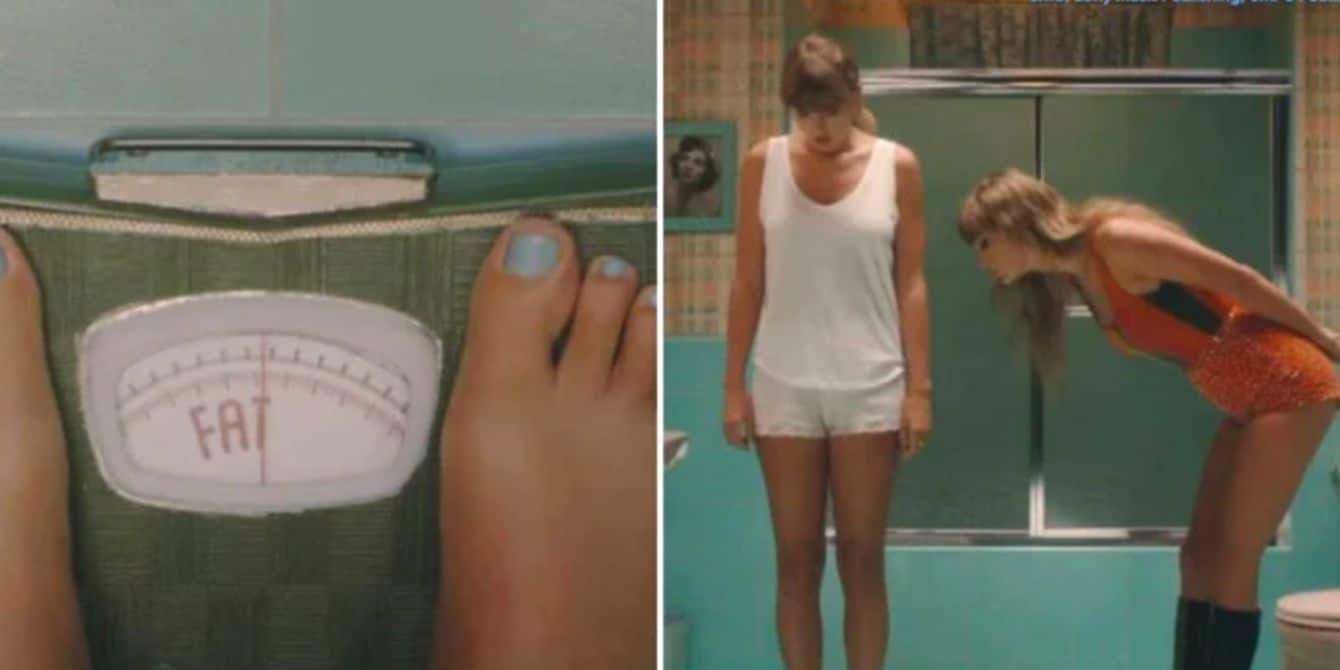Anti-Hero or protagonist: Taylor Swift controversy shakes the body positivity community
November 22, 2022
“18 and Pregnant”. That was the title of the first article that singer and songwriter Taylor Swift was the cover. Only a teenager, but legal enough to take her greatest insecurities of her appearance, and use it as a cover of a tabloid, simply because she was wearing a tight dress in which you can see her lower stomach. As her name lit up in shining lights, the emphasis on her “flaws” were also illuminated. As a teenager, there were grown adults writing articles about her body, depicting what was wrong with it and therefore fueling her to overthink and lose her appetite. These attributes she viewed as negative, are in fact normal and healthy, but just don’t live up to the normalized, unrealistic standards of what women should look like today. This intimate experience transpired into the newly released song listeners known as Anti-Hero, on the album Midnights. Anti-Hero was a song Swift described as the most vulnerable she’s ever been in, which is evident throughout the entirety of this piece, but specifically in the line, “I’ll stare directly at the sun but never in the mirror”. The controversy really sparked though when Swift sang this line in the Anti-Hero music video where it pictured the tall, slender blonde standing on a scale in a bathroom, and instead of the scale reading a number, it simply said “fat”. Sitting on the counter next to the scale is Taylor again, simultaneously posing as her own insecurities and the media, who shakes her head at the real Taylor who’s still standing on the scale. When this video first came out, people of all body sizes took to the internet to express their opinions, and many offensively declared Swift as fatphobic because of this one particular scene. The question is, why should Swift have to minimize her own struggles to the media when the media is what has been driving these struggles for decades? When reflecting on how Swift has had to live under this immense pressure since she was a teen and dealing with this disordered eating, the same pressure that people who are bigger experienced by society, why should she get attacked for displaying this exact situation, within her music? People who get fat shamed should be able to speak up about getting pressured to lose weight, or just being ridiculed in general, but this also includes Swift who went through these same exact experiences, even if others look at the same pictures those photographers did and don’t see her as fat. Her experiences should not be invalidated just because she wasn’t the exact size as others who were fat-shamed during that time period, and even in present day, and the vulnerability of Swift writing about her experiences with starving herself in order to fit societal standards and stop ridicule, others can empathize and relate to her experiences. It’s essentially the same as others not wanting a news article to be published just because they don’t like to hear it, even though it is the truth. Swift is not fat shaming others, but rather sharing her experiences of getting fat shamed by the media which allows others who went through disordered eating and eating disorders alike, to relate to the pressure.

